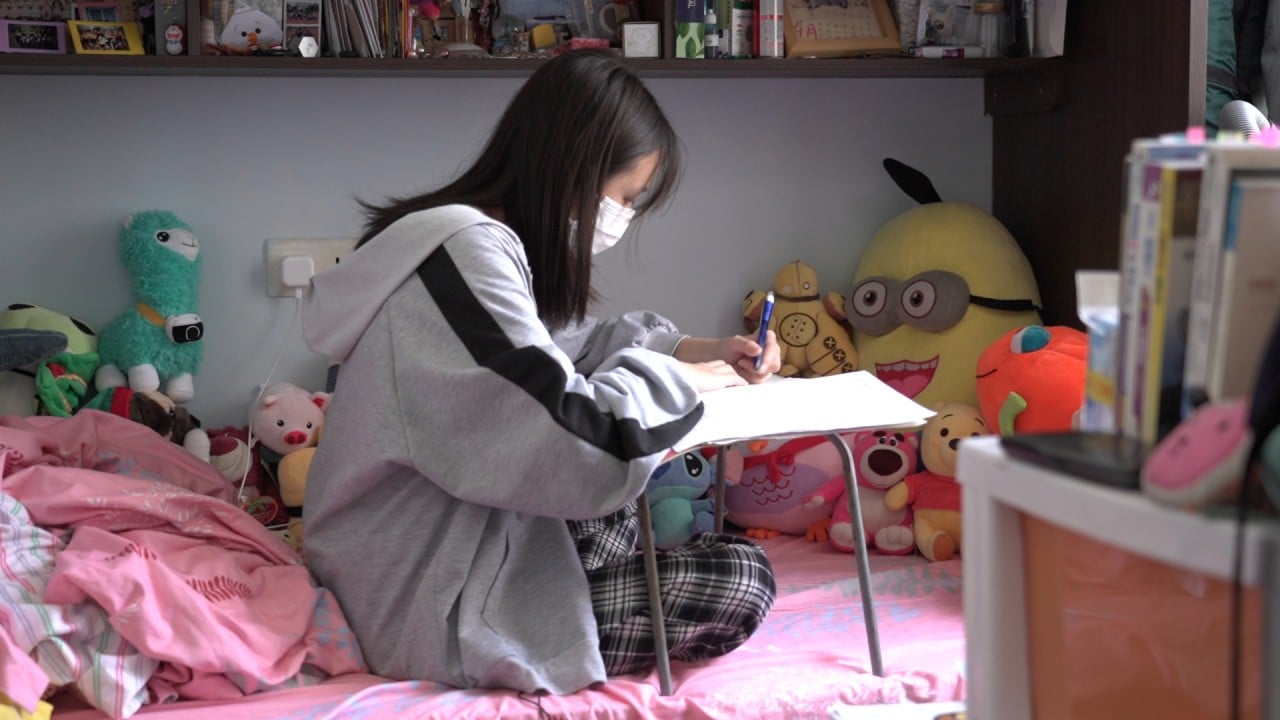
As Hong Kong begins a hopeful new chapter, an overhaul of the education system is long overdue
- Instead of channelling students into schools classified into bands based on academic performance, specialist secondary schools focusing on specific skills should be set up
- Schools should not be academic satellites floating silently at the edge of society, but an integral part of the community
International agencies are calling for major changes in global education systems. The United Nations Education, Scientific and Cultural Organisation (Unesco) has highlighted the need to rethink the role of schools, teachers and curriculums, while stressing the importance of lifelong education.
The Organisation for Economic Cooperation and Development has called for individual and societal well-being to be at the centre of schooling, arguing that the role of education is to help students develop the agency needed to navigate their own futures.
Meanwhile, the Southeast Asian Ministers of Education Organisation has advocated equity in access to education and opportunities across the region.
Of course, Hong Kong should focus on its own local context, but these arguments provide a starting point.
At the turn of this century, Hong Kong’s education system underwent radical changes in response to the end of colonial rule and the return to Chinese sovereignty. Yet some features of the old system were kept, including the stratified secondary school system.
This means that today, primary school students are still “selected” for different levels of secondary education, and in doing so are often given different life chances.
Perhaps it is time for secondary-level education to be organised not only along academic lines. One option is to create specialist secondary schools which build on the range of skills that primary school students have. There are plenty of examples worldwide of schools that focus on science, technology, engineering and maths (Stem), as well as performing arts, information technology, design and so on.
These kinds of schools assume students have different set of skills – not that some have many skills and go to Band 1 schools and others have only a few, so go to Band 3 schools.
Schools should not be academic satellites floating silently at the edge of society. They should be an integral part of the community. Skills-based schools can promote such community integration.

There are plenty of professionals in the city who could contribute skills to these specialist schools and who could easily work alongside teachers. The community needs to understand schools, and schools need to be more aware of the community and its values.
Opening channels of communication between the two would lead to new experiences, new values and hopefully better learning outcomes for students.
If Hong Kong’s teacher workforce is shrinking along with the student body, then it is also time to re-evaluate our expectation of teachers.
Equity has always been a concern for educators. With many students in a single class and multiple classes within each school, the challenge is to treat all students fairly. Yet students do not all share the same background; differences in families, friendship groups and social experiences can be huge.
Schools need to make sure that when students come to school, these differences disappear. Some students will need more attention, more time, more resources. This is what equitable schooling is about and schools of the future need to be committed to it.
Education cannot remain static. Numerous events in Hong Kong over recent years have frequently thrown the city into chaos. It is now time for forward and innovative thinking so Hong Kong can regain its status as an international city, a bridge to China and a gateway to the world. Education can help to do this.
But first, it needs to be re-envisaged to meet the demands of a world undergoing massive changes and nurture the future leaders of this new global landscape.
Kerry J Kennedy is emeritus professor at Education University of Hong Kong


